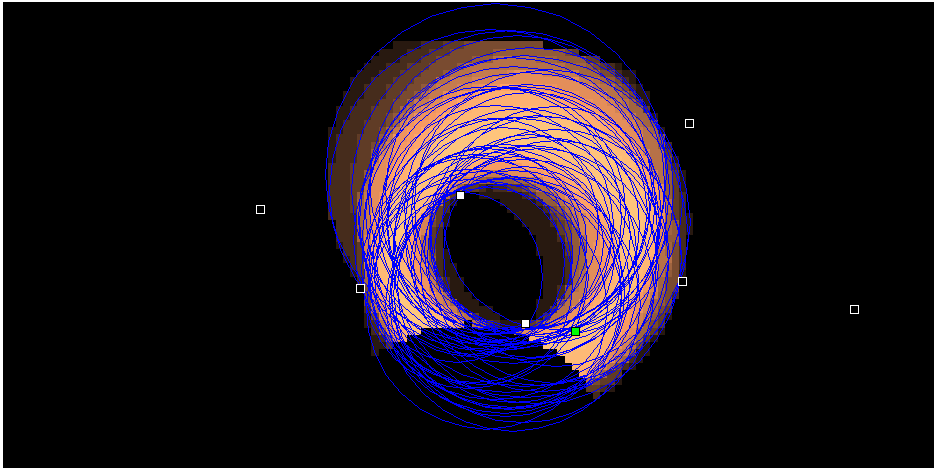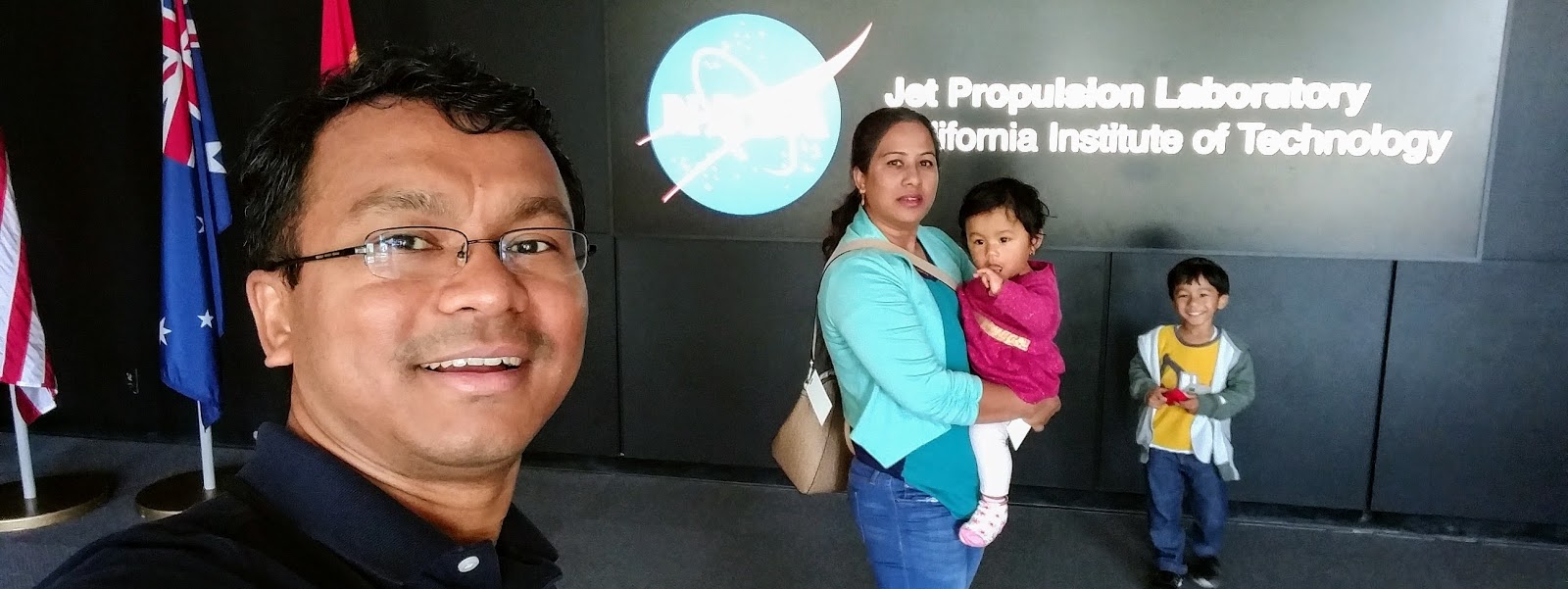First, my congratulations for being selected. Pursuing your dream in higher studies is going to be very important. It is important not only because you get into graduate school but also because it will define your career path for rest of your life.
I have the following recommendations (and they apply equally to cases when one is preparing to apply for grad school):
- Visit the University website. Especially, the departmental website.
- Visit Each faculty website, see the trends in the department research. Are the faculty actively involved in research?
- See if the research field particularly interests you.
- See if you can figure out the number of graduate student to faculty ratio.
- If your support comes from doing the TA duties, see if you can figure out the number of undergraduate student to graduate student ratio.
- How about the weather? Location? Socialization?
Once you figure out such basic academic facts, you can then go for planning the (local) life style there. The best case scenario would be if you have any close friend living nearby. If you can contact the department secretary to learn about the housing, it will also make your life much better. Craiglist listing on apartments can also be equally illuminating.





